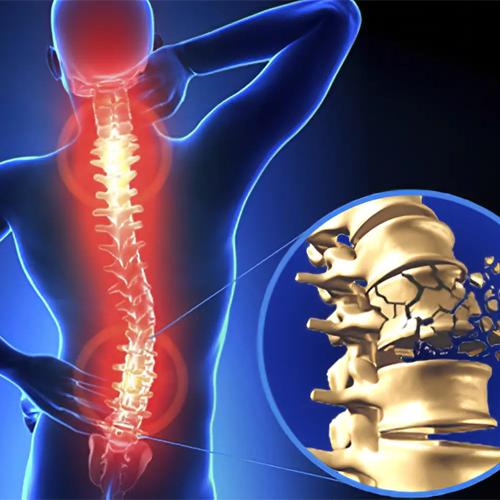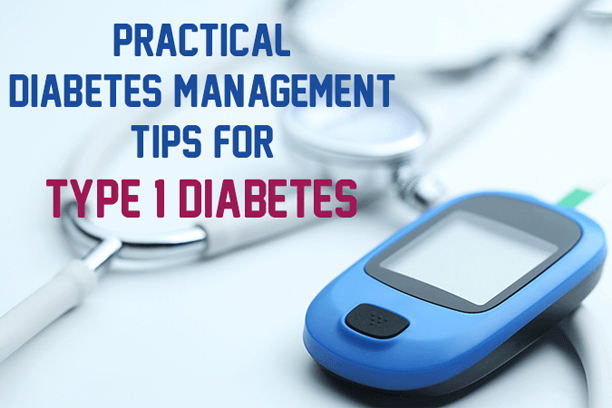What to do after a spinal injury?
Recovering from a spinal injury requires careful management and a structured approach to rehabilitation. Here are some essential steps to take after a spinal injury:
Seek Immediate Medical Attention: If you suspect a spinal injury, call emergency services or go to the nearest hospital. Quick assessment and imaging (like X-rays or MRIs) are crucial for determining the extent of the injury.
Follow Medical Advice: After diagnosis, follow the treatment plan provided by healthcare professionals. This may include medications for pain management, anti-inflammatory drugs, or corticosteroids to reduce swelling.
Rest and Immobilization: Rest is vital in the early stages of recovery. You may need to wear a brace or collar to stabilize the spine and prevent further injury.
Physical Rehabilitation: Once cleared by your doctor, engage in physical therapy. A physiotherapist will design a personalized rehabilitation program to strengthen muscles, improve mobility, and regain function.

Occupational Therapy: Occupational therapists can help you adapt to daily activities and recommend assistive devices if necessary, ensuring a smoother transition back to everyday life.
Pain Management: Work with your healthcare team to develop an effective pain management plan. This may include medications, physical therapy, or alternative therapies like acupuncture.
Monitor for Complications: Be vigilant for signs of complications such as increased pain, numbness, or changes in bowel and bladder control, and report these to your doctor immediately.
Emotional Support: Recovering from a spinal injury can be mentally challenging. Consider joining support groups or seeking counseling to address emotional health.
Lifestyle Adjustments: Incorporate a healthy diet and regular, low-impact
exercise into your routine as you progress in your recovery. Staying
active can help improve overall well-being and prevent secondary
complications.
Follow-Up Care: Regular follow-up appointments with your healthcare
providers are essential to monitor progress and make any necessary
adjustments to your treatment plan.
Always consult your healthcare provider for personalized advice and
recommendations tailored to your specific situation and needs.
Popular Services
Spinal Injuries
Plans customized to manage weight with diabetes with a focus on reversal of Type II diabetes.
Contact Us100
Customer950
Per Day Visitors2000
Satisfied Clients10
Award Winning




